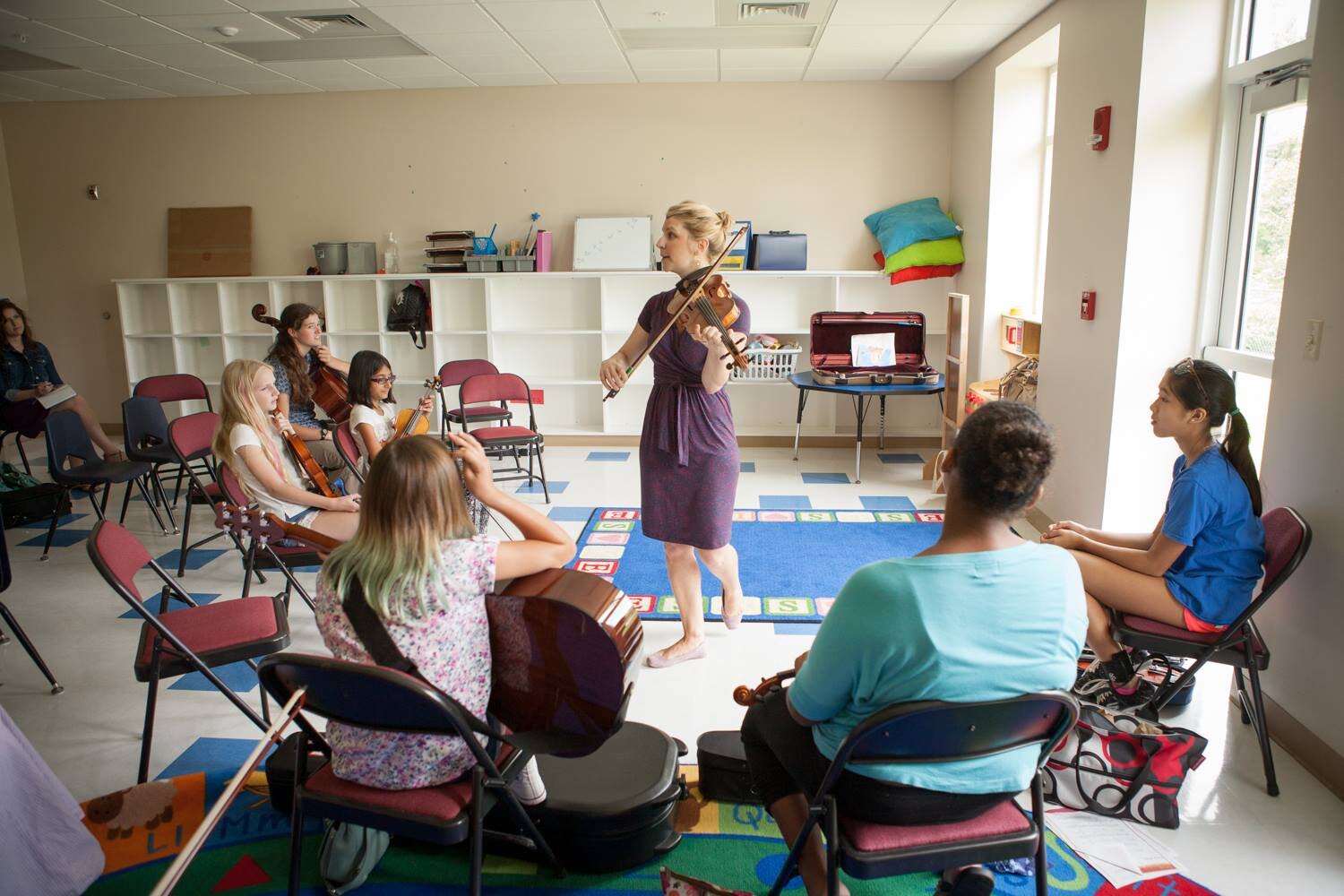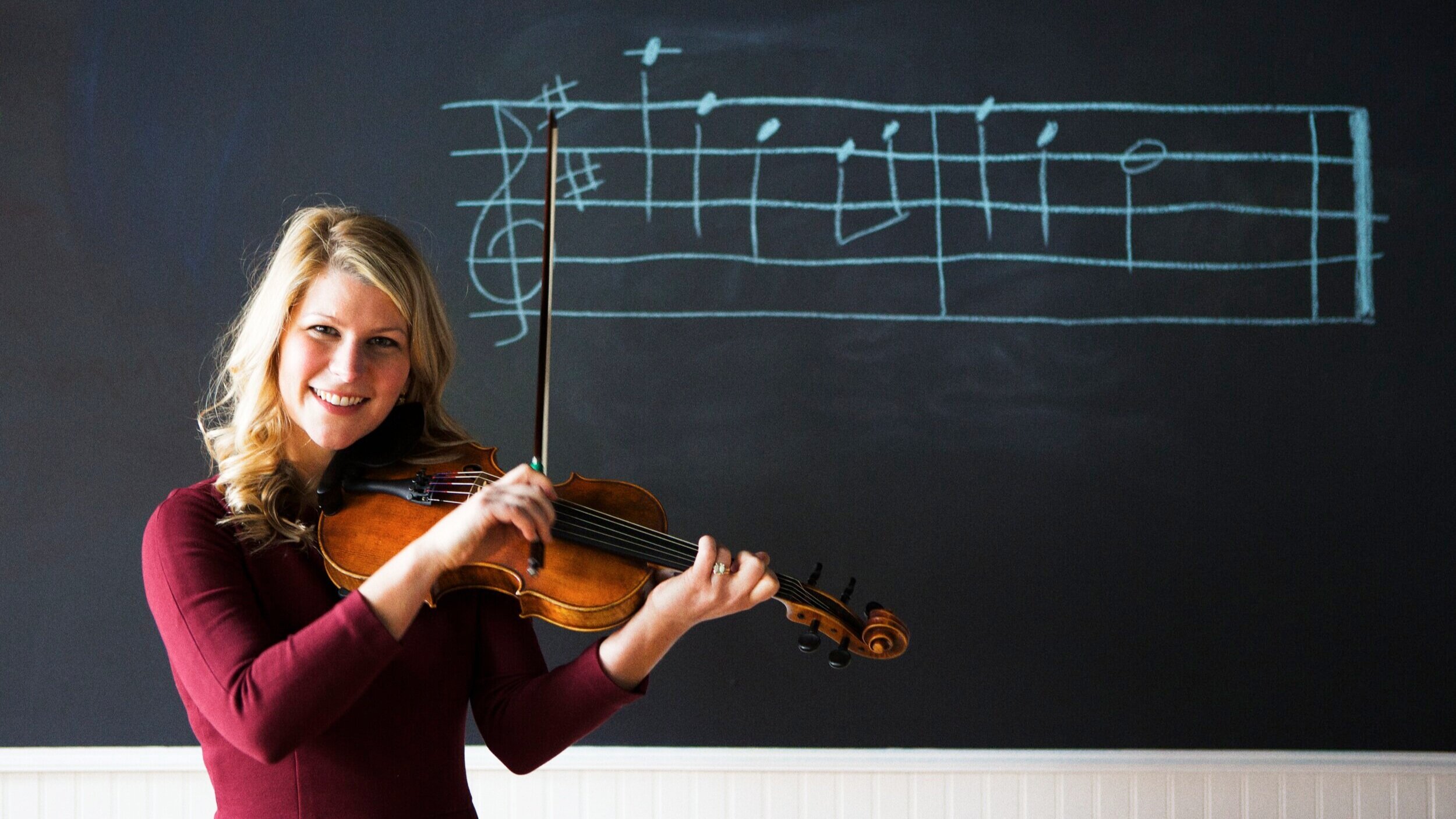How To Practice Your Fiddle Efficiently and Effectively
How to practice efficiently and effectively - even if you don’t have a teacher guiding you.
What should you practice
It’s kind of a silly question, but it’s the most important. I mean, there are SO. MANY. THINGS. You could practice; new material, old material, technical facility, foundational building blocks like scales and arpeggios, improvising, composing, arranging, the list is endless. And while that can seem daunting, shifting your focus to how inspiring music can be- the journey will never be done. You have your whole life to work on the list of challenges presented by your instrument and these art forms.
Here’s how to start:
Identify your goals.
Who do you want to be as a musician? A performer who tours a multi-state circuit and gains traction to one day play big rooms and festivals, a gigging musician who plays locally for events, a bandleader, a session player for the weekly jam in town, a solid picker at the festival campground sites, the family member who entertains at birthdays and holidays... all of these roles are needed in our musical landscape, so find the one that calls to you.
Then …
It’s time to have an honest evaluation and decide what skills you need to learn or improve to be able to achieve those goals. If you’re unsure, ask someone you know does this already. (I’m thinking this should be a future blog post, amirite? Stay tuned!)
Consistent Practice
Look at your calendar and schedule an appointment with your instrument every day. Set a goal for the amount of time that you think you ‘should’ be practicing. Try to consider this appointment non-negotiable and don’t reschedule it for the convenience of others (this is where I should heed my own advice). If you have a jam-packed day, remember that 10 minutes is better than 0 minutes.
Time Management
Now that you’ve identified goals and have a practice schedule, it’s time to figure out how to use your time to its full advantage. So, practice what needs work: make a plan to cover your top three areas you’re trying to improve.
Be deliberate in your practice
Stay clear of unproductive run-throughs and negative practicing. Drilling or mindlessly playing something incorrectly can sometimes be worse than not practicing. Habits are hard to break. I try to teach my students to listen and think in layers, individually and collectively. Let me explain:
Listening to yourself and being aware of multiple facets of music-making all at once is a fantastic way to improve dramatically. Can you play the passage you’re working on a be mindful of your technique (left and right hands), your intonation, and your rhythm? Collectively, it’s important to know how your ‘role’ fits into the band. Can you hear how your part fits harmonically, melodically, and groove-wise into the sonic landscape?
Stay Inspired
Chances are you will experience intrinsic joy from hearing and seeing your progress by working consistently towards your goals. You might also need to use some extrinsic motivators, too, and that’s a good thing. Reward yourself after a month of consistent practice with a new album, concert tickets, registering for a weekend workshop, etc.
Positive practice leads to confidence. You can do this!
p.s. Having a comfortable and welcoming place to play and learn doesn’t hurt either! Take a peek at this article I contributed to about creating a music room at home.



